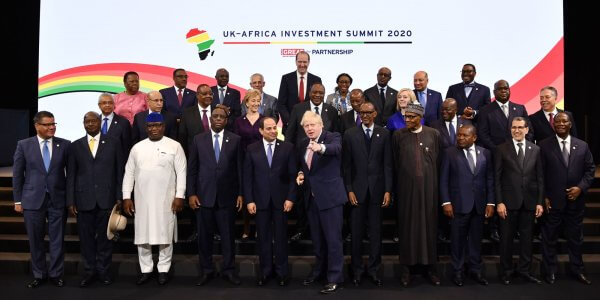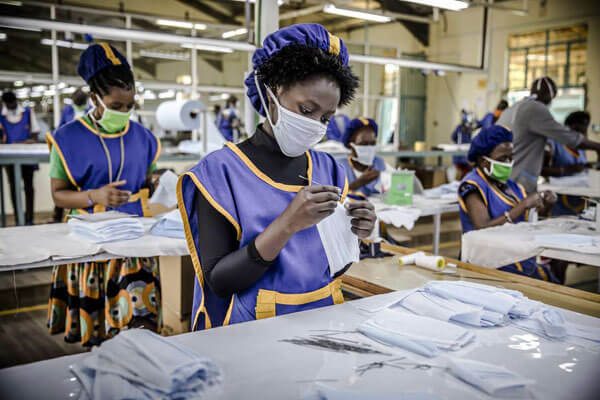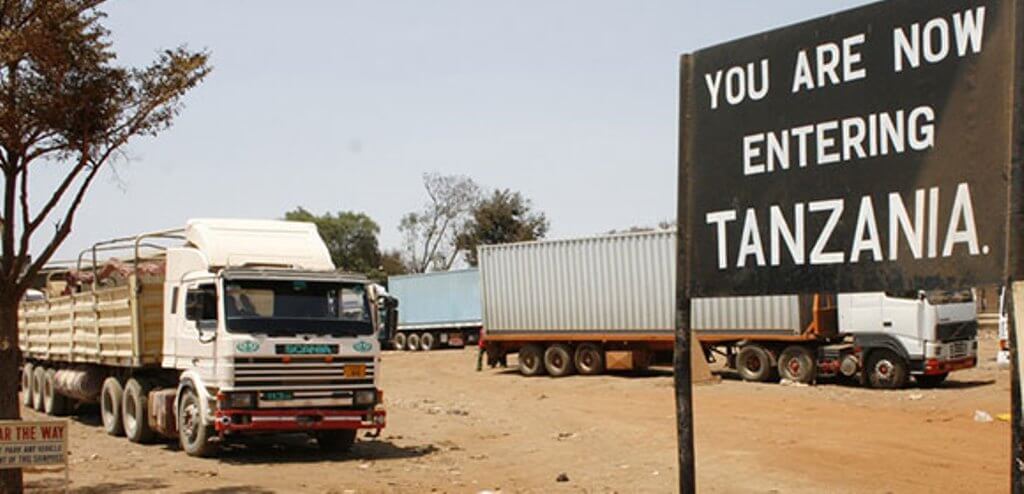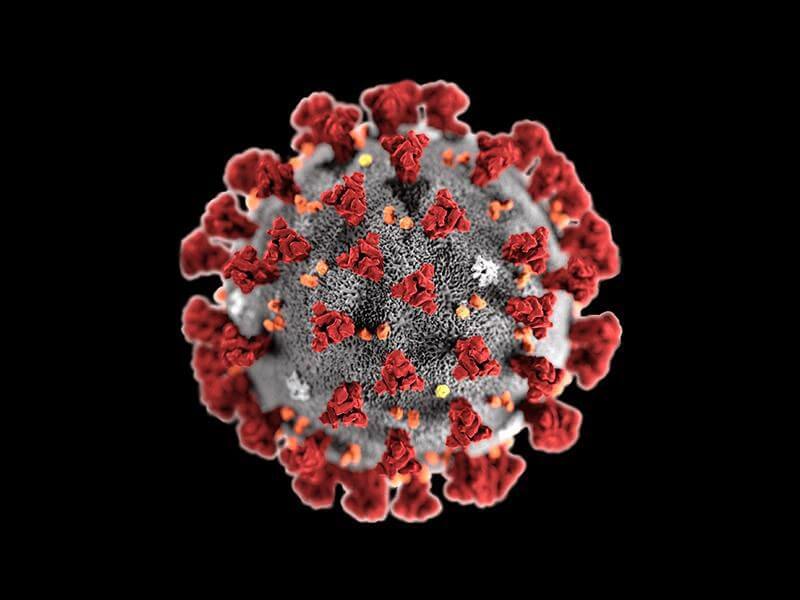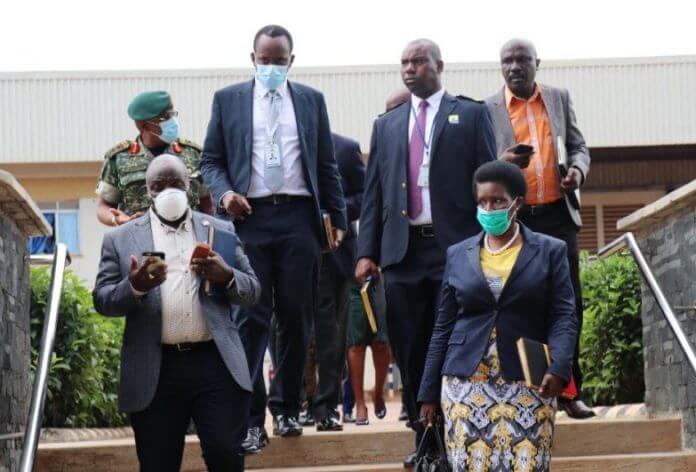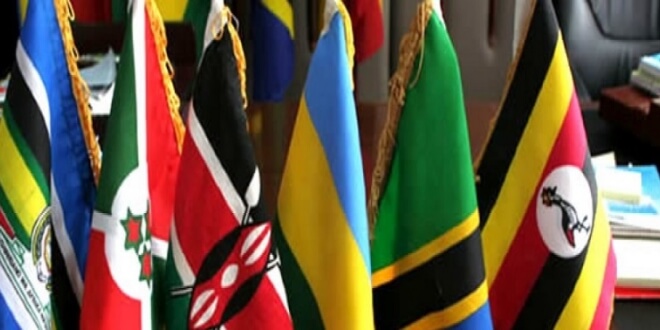African countries are facing a dual crisis – the impact of COVID-19 on their populations and the global economic slow-down which threatens to undo the hard-fought gains of the last 25 years Nestled in the undulating hills of central Ghana is a Fair Trade cooperative cocoa farm that produces chocolate for export to the world, including to supermarkets across the UK. When I visited the farm last summer, I saw for myself the many jobs the farm provides – many taken by women – and the families that these support. Consumers of the chocolate that originates from Ghana include, no doubt, thousands of workers in my constituency of Stafford, like those in the General Electric factory in Stafford. They manufacture transformers for the energy grid across the globe, including in developing countries like Ghana, where electricity supply can often be insecure or not available. That’s how trade works. Both sides win. For the UK and Africa, our two-way trade has enormous value – a total of £35.1bn of goods and services in 2018 according to ONS – creating and sustaining countless jobs across our country and on the continent. The Prime Minister has been quick to seize the opportunity. At the inaugural Africa Investment Summit in London earlier this year, he promised to renew our economic partnership with Africa, containing some of the fastest-growing economies in the world. Today, however, African countries are facing a dual crisis – the impact of COVID-19 on their populations and the global economic slow-down...
Now, more than ever, we must keep our promise to help Africa trade out of poverty
Posted on: May 12, 2020
Posted on: May 12, 2020

